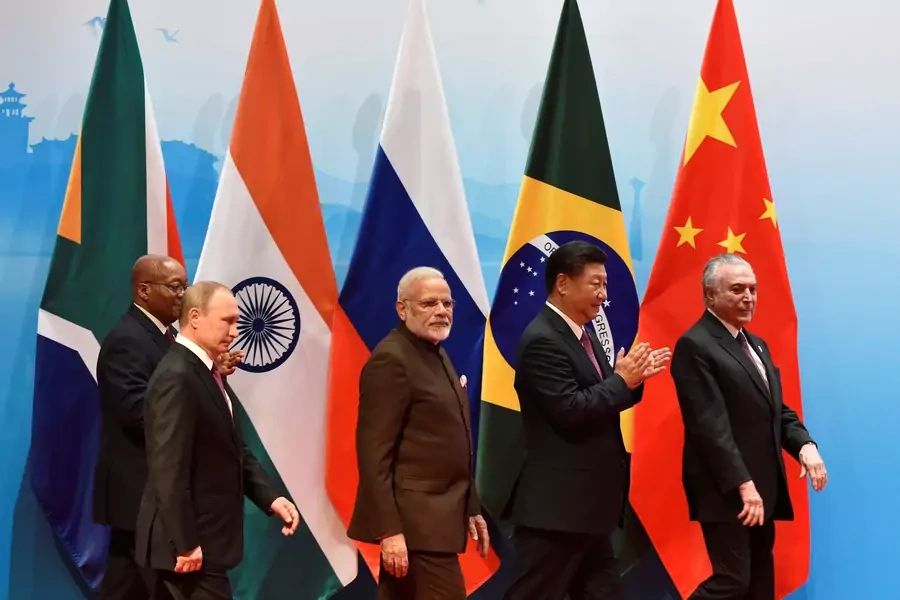Cyber Week in Review: September 8, 2017

Here is a quick round-up of this week’s technology headlines and related stories you may have missed:
1. I think it's a good idea to keep all of this valuable data in one place. Equifax, a U.S. credit rating agency, announced that its computer networks were compromised, giving hackers access to personally identifiable information on over 140 million Americans. According to the company, intruders gained access to names, addresses, Social Security numbers, driver's licenses, and credit card numbers--everything identity thieves need to commit identity fraud. In a somewhat cynical move, Equifax is offering free identity protection to individuals whose information was compromised. In order to use the service, customers have to give Equifax the same information that was compromised and agree to terms of service that seem to prohibit them from suing the company in the future. Bloomberg also reports that three Equifax executives sold part of their stock in the company in early August, shortly after the company discovered the breach but a month before it was made public. None of this looks good for a company that has been accused of having lax cybersecurity and a mixed reputation with handling customer information. CFR Senior Fellow Rob Knake argues that data breaches should be treated like oil spills.
More on:
2. In Soviet Russia, troll pays you! The Washington Post reports that Facebook told congressional investigators examining Russia's role in the 2016 U.S. election that a known Russian troll farm had spent $100,000 to spread ads with divisive messages on its platform between mid-2015 and 2017. In a blog post, Facebook confirmed the story, adding that the divisive messages addressed topics "across the ideological spectrum--touching on topics from LGBT matters to race issues to immigration to gun rights" although they didn't specifically endorse a candidate. The ad buy is a drop in the bucket when compared to the hundreds of millions of dollars that were spent in online advertising during the campaign. In response to criticism that it didn't do enough to stem the tide of fake accounts and bots during the election, Facebook announced earlier this year that it would implement new measures to detect fake accounts and ban advertising from accounts known to spread disinformation. Facebook did not disclose how many people saw the Russian-backed ads, though quick back-of-envelope math by Ars Technica put it as high as 1.4 million users.
3. BRICS on cyber. The leaders of Brazil, Russia, India, China, and South Africa issued their annual communiqué at the end of the BRICS summit in Xianmen, China. As usual, the text contained language on cyber issues. The leaders highlighted the central role the United Nations should play in developing norms of state behavior in cyberspace and reiterated their call for a universal cybercrime treaty (as opposed to the Budapest Convention, negotiated under the auspices of the Council of Europe in 2001). These positions are standard fare for the BRICS countries, which have expressed similar policy positions in previous communiqués. On the margins of the summit, Russia and South Africa inked a deal to cooperate on cybersecurity issues. Although the text of the agreement has not been made public yet, it is likely to be similar to agreements Russia has promoted at the Shanghai Cooperation Organization and a bilateral cooperation pact it signed with China in 2015.
4. Internet kill switches to kill dissent. The government of Togo is accused of having cut off internet access to stem the tide of protests that have beset the country for the last three weeks. Internet Without Borders, a French NGO, reports that mobile networks have cut off internet access and disabled their respective text message service at the request of the government for "security reasons". Protesters are calling on the country's legislators to prevent the president, Faure Gnassingbé, who has held office since 2005 and succeeded his father's 38-year rule from running for another term. According to Access Now, there has been an increase in governments cutting internet access during periods of civil unrest, a concern that prompted the UN Human Rights Council condemned "measures to intentionally prevent or disrupt" internet access last year.
More on:
 Online Store
Online Store